Korean musicians, once hidden from the limelight on the fringes of the classical music world, are now taking center stage. Young Korean musicians who have benefitted from Korea’s passion for high culture and enthusiasm for education, have passed through a gauntlet of international competitions, becoming highly knowledgeable and skilled in their field. These musicians are now writing a new chapter in 21st century classical music, both in the educational space and on the international stage.
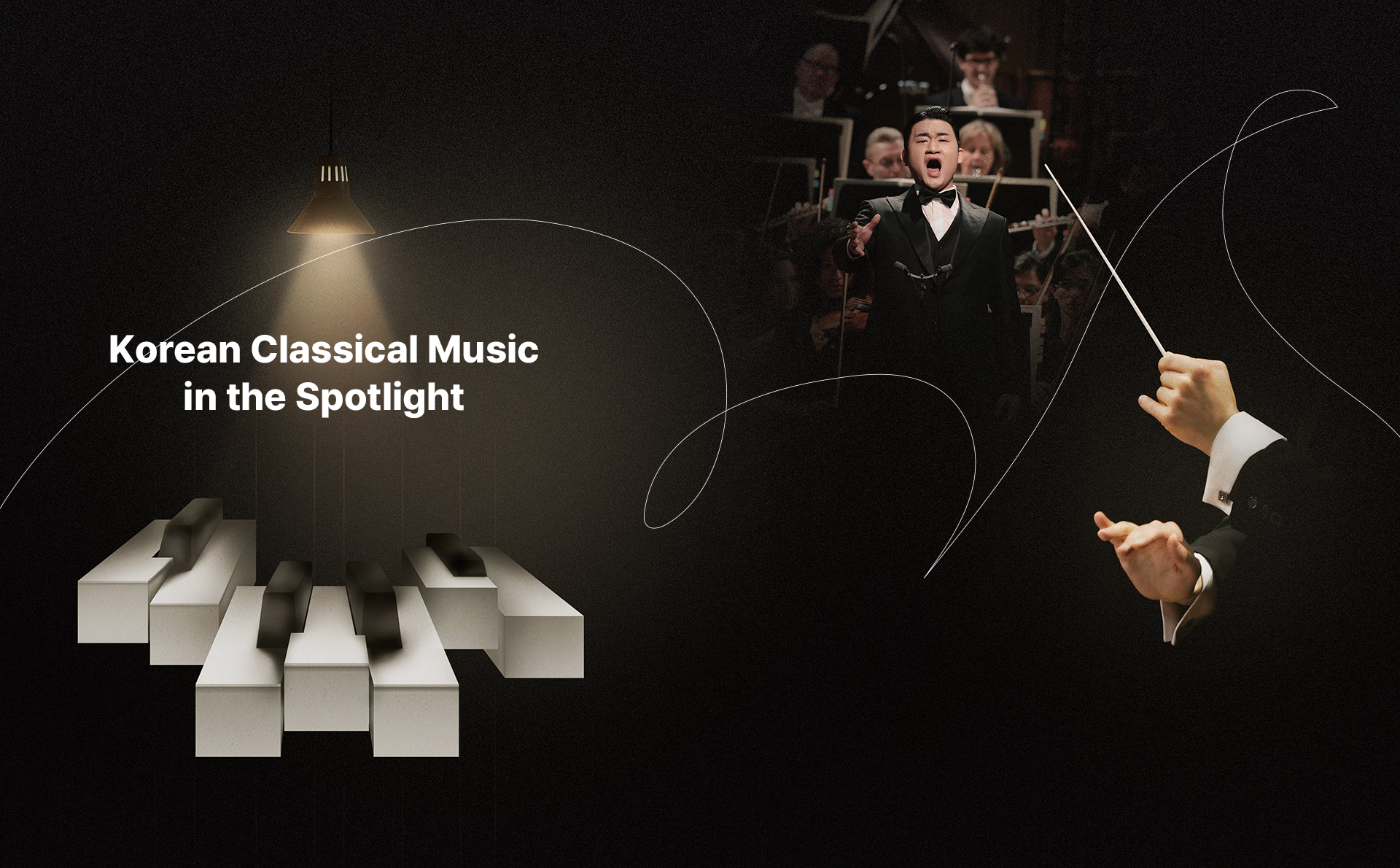
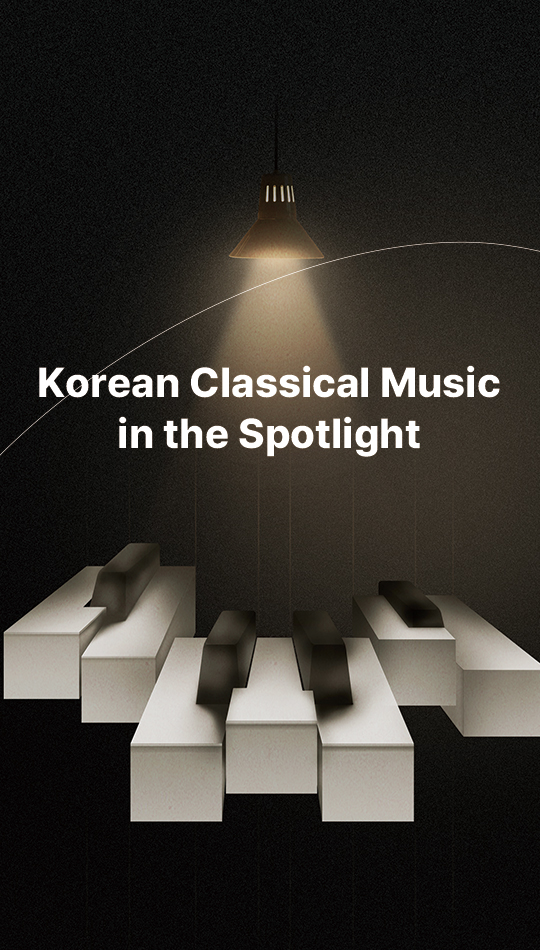
Writer. HyunMin Song
In her book “My Son, Yo-Yo Ma,” Marina Ma, mother of world-famous cellist Yo-Yo Ma, suggests that it takes three generations of a family to make a fine musician. The first generation accrues the capital needed for a fine music education. The second generation receives the best education money can buy. And then the third generation is the one into which a musical genius is born. Marina was essentially describing her own family: Yo-Yo’s grandfather was wealthy enough in the 1930s to send his children to study overseas, where Yo-yo’s parents received an excellent music education. But it was in the third generation that those efforts bore fruit with Yo-Yo Ma himself.
Korea’s classical music scene has developed along similar lines. The first generation that became wealthy during the modernization and industrialization that followed Korea’s liberation from colonial rule in 1945 and the Korean War in 1950-1953 ensured that their children, in the second generation, received an excellent music education. Then in the 1990s, a third generation emerged that was capable of showing up the musicians of Europe in the very cradle of classical music.
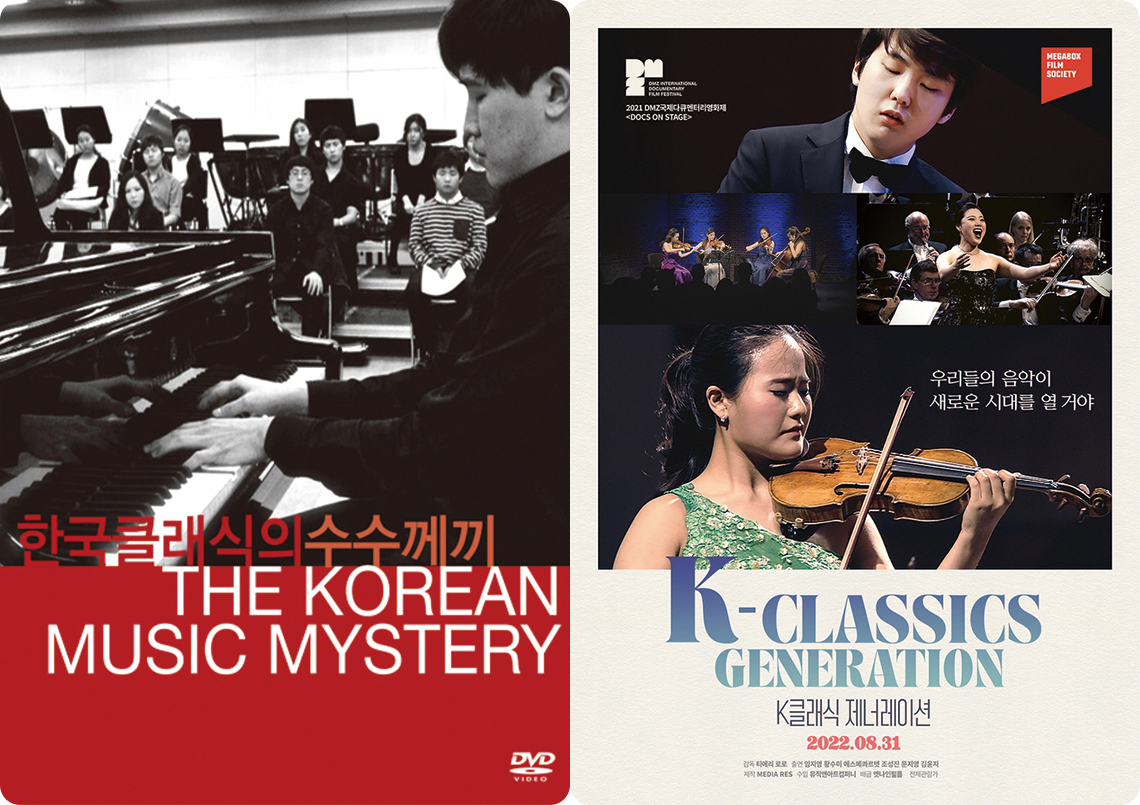 Belgian filmmaker Thierry Loreau made a documentary based on his observations of the classical music scene.
Belgian filmmaker Thierry Loreau made a documentary based on his observations of the classical music scene. (Left) © Aulosmedia Co., Ltd. (Right) © Atnine Film
Winning Awards in International Competitions
The quality of Korean classical music was brought to the world’s attention by the prizes that Korean musicians won at international competitions. In 1967, when the Korean music scene was relatively unknown globally, violinist Kyung-wha Chung gained international recognition by winning the Leventritt Competition. In 1974, Myung-whun Chung achieved 2nd place at the Tchaikovsky Competition. In 1986, Sumi Jo debuted in the operatic world, portraying the role of Gilda in “Rigoletto.” Securing roles in works is as crucial as winning competitions in vocal music. The momentum of Korean musicians, which had been gradually building until the 1980s, gained even more traction in the 2000s. In 1995, not a single Korean made it past the first round of the Queen Elisabeth International Music Competition in Belgium, one of the world’s top three music competitions. But by 2011, 22 Korean musicians advanced to the next stage of the competition. Hoping to better understand this phenomenon, Belgium’s public broadcaster sent experts to Korea to shoot a documentary titled “The Korean Musical Mystery.”
Various analyses have been made about the development of Korean classical music, but one of the most persuasive is Koreans’ passion for education. That’s not universally seen in a positive light, however. Violinist Young Uck Kim (who has performed in an ensemble with the aforementioned Yo-Yo Ma) offered the following thoughts about the “The Korean Musical Mystery” in an interview: “Korea is still dominated by Confucian thinking. In other means, people are expected to respect their parents and obey their teachers. That’s great for teaching students, and Korean students in fact are obedient to their parents. That’s a strength, but it can also have downsides.”
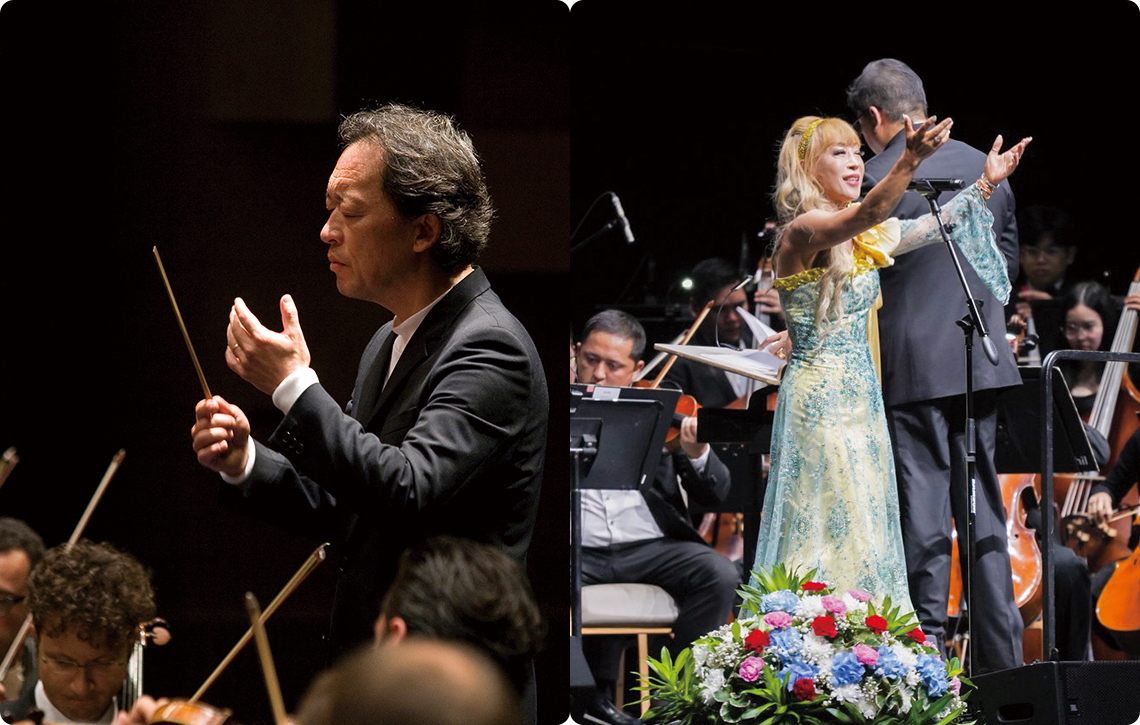 (Left) Myung-whun Chung conducts a performance of the Filarmonica della Scala at the Athens Epidaurus Festival 2022. © Silvia Lelli
(Left) Myung-whun Chung conducts a performance of the Filarmonica della Scala at the Athens Epidaurus Festival 2022. © Silvia Lelli (Right) Sumi-Jo performs to commemorate the 65th anniversary of diplomatic relations between Korea and Thailand. © KCC in Thailand
The Impact of Educational Changes and Internet Access
One factor behind the rapid climb of Korean classical music was the changing environment in musical education, epitomized by the establishment of the Korea National University of Arts (K-Arts) in 1993. Young prodigies were identified at preparatory schools and permitted to begin their university studies early. As a national university, K-Arts received government funding, but it was also expected to get quick results. Given the hastiness that’s characteristic of Korean culture, K-Arts students were pushed to compete in international competitions. Previously, the only Koreans to do so were ones who had already gone overseas to study, but K-Arts students opted to compete right away with only the training they’d received in Korea. That was a tectonic shift in the academic landscape, where the focus had previously been on gaining academic degrees from famous music schools overseas.
The government’s initiative to expand internet infrastructure in the late 1990s also had a major impact. Information about overseas competitions that had previously been sent by snail mail could now be transmitted at the speed of light. Earlier generations of Korean classical musicians had opted to study abroad and return to Korea years later, but the new generation had a cutting-edge education and the latest information at its fingertips, and many hoped to gain entry into Korean orchestras or opera troupes.
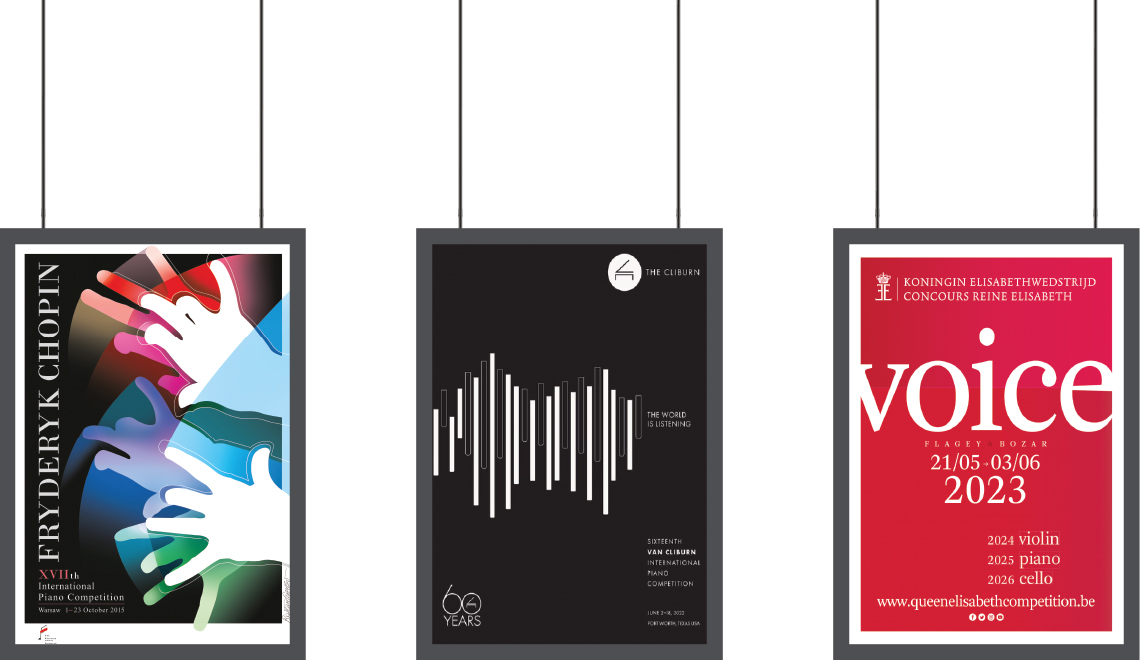
World-class Musicians Return Home to Train
the Next Generation
Korea’s classical music scene today has reached another turning point. Musicians who have taken home awards at world-class competitions and gained invaluable experience with Korean orchestras and opera troupes are now returning to the field of education.
Dami Kim, a violinist who won awards at the Paganini Competition and the Queen Elisabeth Competition, is now a professor at Seoul National University, while soprano Sumi Hwang, who came in first place at the Queen Elisabeth Competition in 2014, has been appointed by Kyung Hee University. Kathleen Kim, a soprano with the Metropolitan Opera of New York, has been appointed by Hanyang University, and Yang Guibee, a soprano with the Chemnitz Opera in Germany, has taken a post at Ewha Womans University. There’s also Sung-hyun Cho, who performed with the Konzerthausorchester Berlin and became the principal flutist at Gürzenich Orchestra Cologne before being made a professor at Yonsei University. Piano phenom Yunchan Lim met his teacher Minsoo Sohn at K-Arts, where Sohn began teaching following a career as a pianist that included winning awards at the Busoni, Cleveland, Hilton Head, Honens and Rubinstein piano competitions.
So the figures who are playing such a dominant role in the Korean classical music of today are the very ones who are drawing the blueprint for the Korean classical music of tomorrow. Back in the classroom, they are a bridge to the next generation of artists. Korean classical music is set to embark on a new odyssey.
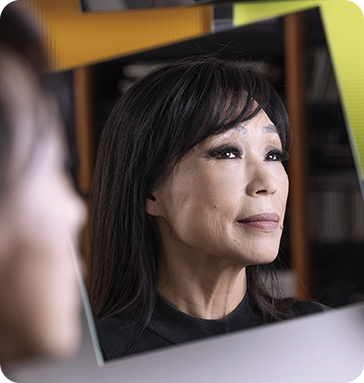 Unsuk Chin, Composer, a winner of
Unsuk Chin, Composer, a winner of the Ernst von Siemens Music Prize 2024
© EvS Musikstiftung, Rui Camilo
 Taehan Kim, Baritone, a winner of the
Taehan Kim, Baritone, a winner of the 2023 Queen Elisabeth International
Music Competition
© Queen Elisabeth Competition,
Alexandre de Terwangne
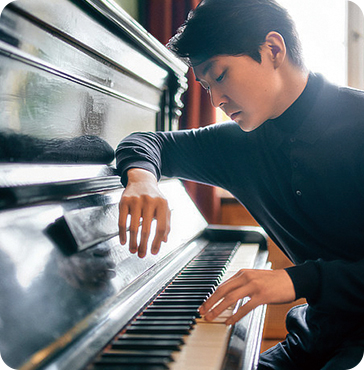 Seong-Jin Cho, Pianist, a winner of
Seong-Jin Cho, Pianist, a winner of the 17th Chopin Piano Competition in 2015
© Christoph Kostlin, Deutsche Grammophon
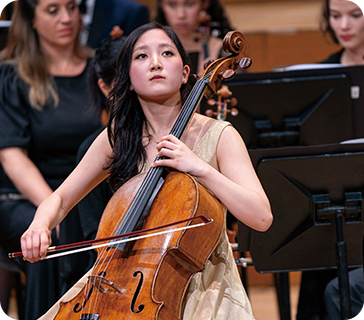 Hayoung Choi, Cellist, a winner of
Hayoung Choi, Cellist, a winner of the 2022 Queen Elisabeth International
Music Competition
© Queen Elisabeth Competition, Derek Prager
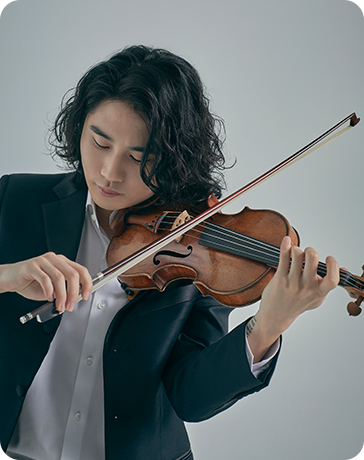 Inmo Yang, Violinist, a winner of
Inmo Yang, Violinist, a winner of the 12th International Jean Sibelius Violin Competition
in 2022
© Sangwook Lee
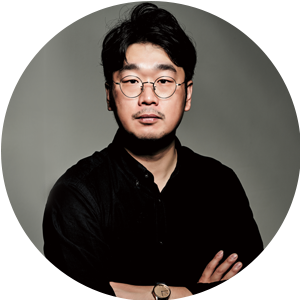
HyunMin Song
Chief Editor of “Auditorium”
Song studied at the Korea National University of Arts and is currently a music critic, the editor of monthly performing arts journal “Auditorium,” and an adjunct professor at Kookmin University.
Song’s tireless engagement with the public includes reporting on visits to Korea by world-class orchestras such as the Berlin Philharmonic and the New York Philharmonic and a prelecture at a recital by Seong-Jin Cho. He received the 13th art criticism award from Auditorium and was honored for his contributions by the National Gugak Center on the 70th anniversary of its opening.
